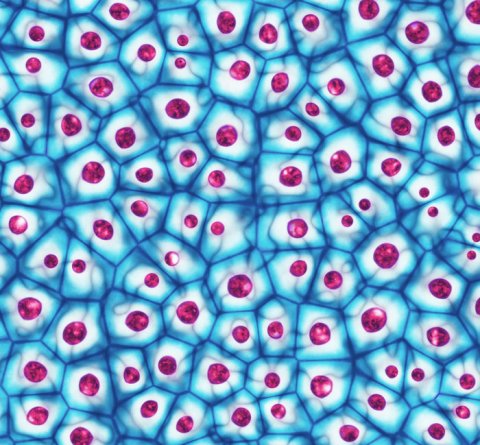What is Intellectual Property?
Intellectual property (IP) refers to creations of the mind such as inventions literary and artistic works, designs, symbols, names and images used in commerce. IP is a novel or original output of an intellectual activity! It can include inventions, industrial processes, software, databases, written work, designs and images.
Intellectual Property is an area of Law dealing with creations and works of the mind. It defines what constitutes IP, the nature and scope of Intellectual Property Rights (IPRs), and how to seek protection, and claim ownership over an intangible asset. It further relates to transfer of or access to these rights between entities.
Types of IPRs
Intellectual Property Rights (IPRs) are territorial legal rights that enable the owners of the IP to control the exploitation of these rights by stopping unauthorised parties from performing certain acts usually with commercial gain in mind.
IPRs are intangible assets that can be bought, sold or licensed.
The main Intellectual Property Rights are:
• Patents
• Know-how
• Copyright
• Trademarks
• Design Rights
• Database Rights
Each type of IPR requires certain conditions to be met and/or actions to be taken in order to be valid and deliver sought protection.
Why is IP valuable?
Exploitation of Intellectual Property has the potential to generate economic and social impact through value creation.
It allows the University to generate income without commercialising products or services.
It may allow the University to recover funds invested in research activities. Significantly, protecting Intellectual Property can give researchers the freedom to continue researching in their area of expertise by preventing others from exploiting their exciting results. It can attract third parties’ attention to a project and give rise to collaborations and further research funding.
Intellectual property rights such as copyright or patents may be a source of citations for research teams.
In today’s companies, intangible assets typically account for more than 70% of the capital as opposed to less than 30% in the last century. IP protection can assist in both securing a market share and building a barrier to entry for competitors. IP can be a means to level the playing field between you and the industry leaders.
IPRs appear in the balance sheet and can be used as collateral. Finally, leveraging IP can help raise secure investment.
IP Policy
Innovation Factory is the sole agent for commercialising Intellectual Property (IP) arising from the University of Manchester and all IP commercialisation is subject to the University’s IP policy.
The IP policy provides a framework for the identification, ownership, protection and commercialisation of IP created, made and/or developed within the University.







